How to Perform Saiee for umrah
Literally, Sa’ey means to walk and to run, and as a term in Shari’ah, it means to traverse seven times the distance between Safa and Marwah. For a person who performs Umrah, Sa’ey is Wajib, but before it, one should have performed Tawaf. There is no Sa’ey without Tawaf before it.
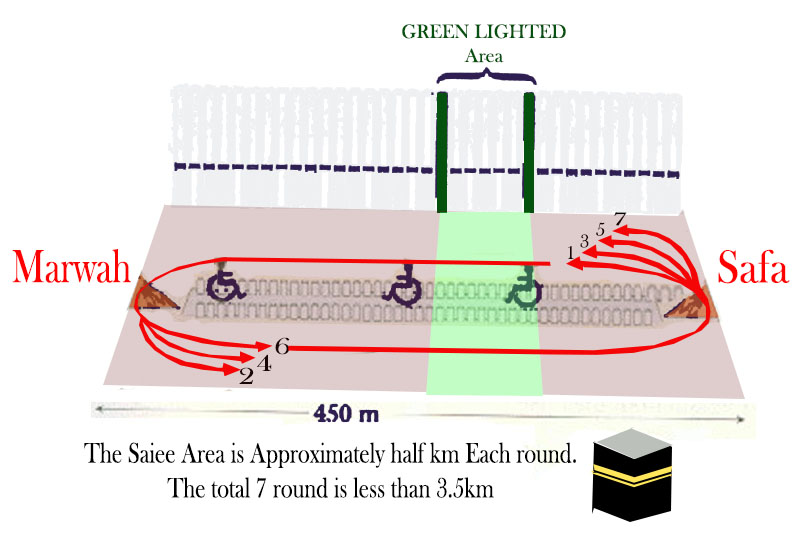
Saiee can be spelt as Sai, Sayee or Saiee. The concept of performing saiee is very easy. It is to walk in between mount Safa and mount Marwa 7 times. We may call it seven laps. Some people may misunderstand the concept of “one round or one lap.
One lap means “a trip from one mountain to another”. A lap is not a trip from one mount and back to the same mountain. So, mount Safa to mount Marwa is lap 1. Then mount Marwa to mount Safa is lap 2.
So your laps will be like.
- Lap 1 Safa to Marwa.
- Lap 2 Marwa to Safa.
- Lap 3 Safa to Marwa.
- Lap 4 Marwa to Safa.
- Lap 5 safa to marwa.
- Lap 6 Marwa to Safa.
- Lap 7 Safa to Marwa.
So your Saiee will start from mount Safaa and finish at mount Marwa.
In any case, if you had started with Marwa, your first lap would not be counted. Start counting from Safa; you might need one additional lap to finish it ( Which means if you had started from Marwah, and had done seven laps already, you do one more lap so you will be finishing at Marwah.). In other words, your first lap is invalid. Therefore, it won't be counted.This the ruling of the majority of scholars.
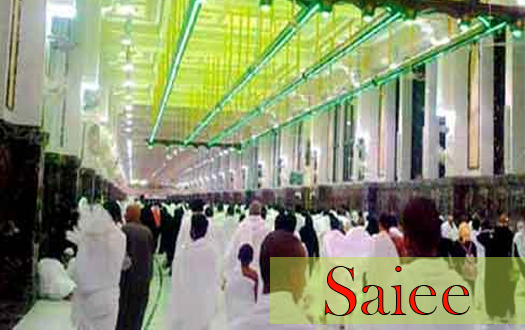 Green Lighted Area
Green Lighted AreaYou would start your Saiee laps saying bismillahi Allahu Akbar
When you do Saiee, you will find a green-lighted area. Where you need to run or walk faster reciting a dua.
These are the procedure for performing Saiee
- Istilam at Hajr al Aswad Corner - sunnah
- Condition : Perform Saiee after Tawaf
- Niyyat
- Before starting lap 1
- Start lap1 from mount Saiee and walk to mount Marwa
- A brisk walk at the green-lighted area with the dua
- Finish lap 1.
- Dua at mount Marwa.
- Start lap 2 from mount Marwa and walk to mount Safa
- A brisk walk at the green-lighted area with the dua
- Finish lap 1
- finish seven laps like above
Istilam at Hajr al Aswad Corner.
It is sunnah to perform an istilam at Hajr al Aswad. Before you proceed to mount Safa.
Conditions
If Saiee is for the umrah, one should perform it after the tawaf. But if you perform sai’ee, before tawaf without knowledge or by forgetfulness there is no harm.
You must perform it on foot unless you have a valid reason.
To be in the state of Ihram while performing Sa’ey of Umrah.
If Wudu is nullified during Sa’ey, a pilgrim is not required to discontinue performing it as Sa’ey is valid without Wudu and there is no penalty for it.
Niyyat
Keep Niyyat for saiee. Its it important for any act of worship. The Niyyat goes like this.
"Allahumma inni uridu an as’a bainas safaa wal marwata sa’yal umrati lillahi ta'ala"
Before starting lap 1
Raise your hands up at safa facing Kaaba and say
Allahu Akbar, Allahu Akbar, Allahu Akbar Wa Lilla Hil Hamd.
Then you may recite 4th khalimah and the following dua.
aa 'ilaha 'illallahu wahdahu la sharika lahu, lahul-mulku wa lahul-hamdu wa Huwa 'ala kulli shay'in Qadir, la 'ilaha 'illallahu ilahahu, 'anjaza wa'dahu, wa nasara 'abdahu, wa hazamal 'ahzaba wahdahu.
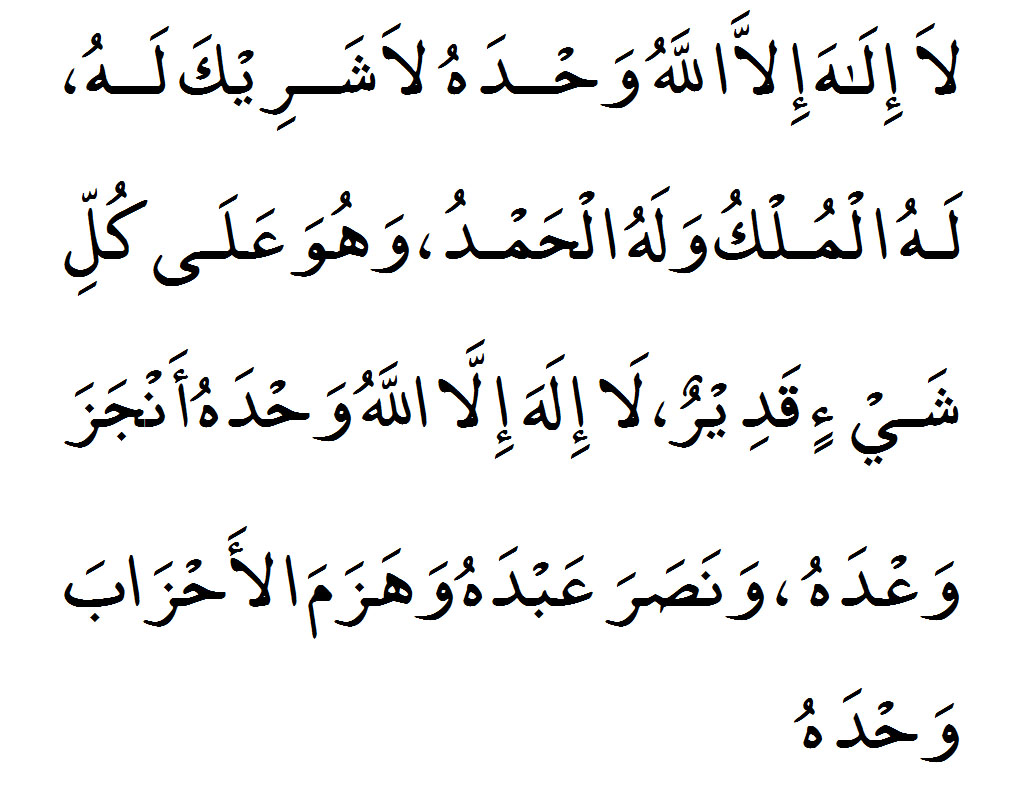
Then you may recite 3rd kalimah.
SubhanAllahi Walhamdulillahi Wala Ilaha illallahu wallahu Akbar, Wala haula Wala quwwata illa billahil Aliyyul Adheem.
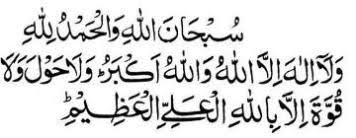
After that, you may recite Salawat (darood) on Prophet Mohammad PBUH and his family. Recite it in a low voice, and you should pray for yourself and your family and friends with due humility and reverence because this too is the holy place where Du’a is accepted and what a person asks for is given.
Start lap1 from mount Saiee and walk to mount Marwa
During the walk, you may recite the second kalimah. And should continue with Du’a and Dhikr in every lap/round.
A brisk walk at the green-lighted area with the Dua
When a pilgrim performing Sa’ey, between Safa and Marwah, reaches the place marked with green pillars, up to a distance of six cubits before and after it, he should start running with medium pace, then again should resume the usual speed. Only men are required to run with a medium pace between the green pillars. The women should walk at their usual pace.
You may recite the following dua in the green-lighted area.

Finish lap 1.
Dua at mount Marwa.
Ask Dua at Marwa facing Kaaba. You can ask any dua s at your wish As long as it is halaal.
Start lap 2 from mount Marwa and walk to Mount Safa.
During your walk, you may recite dikhr or duas, or even ask duas.
A brisk walk at the green-lighted area and recite the dua.
- Run with medium pace, recite the following dua .
- Rabbih firli warham innaka antal azzul akram.
Finish lap 2.
Reach mount Safa face the Kaaba, ask dua as much as you could.
Finish 7 laps like above.
Duas during Saiee
You may recite any duas during Saiee and at Safa , Marwa mountain. As long as it is halal. Recite duas which are found in the Quran and sunnah, or you may recite dhikr or you may ask your own duas and ask for forgiveness.
Interruption of Saiee.
If your Saiee gets interrupted for salah, you must stop after adhan and pray the prayers due and continue Saiee after the prayers. If you feel tired to the extent that you can walk any longer, you may rest and start the Saiee again. But try and finish as fast as you could. If your wudu (ablution) becomes invalid, you may still continue to perform saiee. As the majority of the scholars agree, ablution is not a requirement to perform Saiee.
Saiee for Sick and disable
If you are sick or disable, you are allowed to take assistance in performing Saiee. Assistance can be in the form for the wheelchair or by even physically carrying. The wheelchair could be manually pushed or electrically assisted.
Special notes on Saiee
- For those performing Umrah, Sa’i should be observed after Tawaf al-Umrah.
- For those performing Hajj al-Tamattu, Sa’i should be performed twice: once after Tawaf al-Umrah and another after Tawaf al-Ziyarah.
- For those performing Hajj al-Qiran or Hajj al-Ifrad, Sa’i should be carried once out after either Tawaf al-Qudum or Tawaf al-Ziyarah. If it is performed after Tawaf al-Qudum on arriving in Makkah, it will no longer be necessary to perform it after Tawaf al-Ziyarah.
- According to the Hanafi school of thought, those performing Hajj al-Qiran should perform Sa’i twice: once after Tawaf al-Umrah and again after either Tawaf al-Qudum or Tawaf al-Ziyarah.
Al Quran on Saiee
Indeed, Safa and Marwa are among the symbols of Allah. So whoever makes Hajj to the House or performs Umrah – there is no blame upon him for walking between them. And whoever volunteers good – then indeed, Allah is appreciative and Knowing.
Hadith on Saiee
In this regard, Sheikh Abdul-Aziz ibn Baz, the late Mufti of Saudi Arabia, stated:
The Sunnah is to perform tawaf first, then to perform sa`i. There is nothing wrong if a person performs sa`i before tawaf due to ignorance. It is reported that a man asked the Prophet and said: “I performed sa`i before tawaf. So what should I do?” The Prophet (peace be upon him) said, “Do it and there is no harm.” This indicates that if a person performs sa`i before tawaf, his Hajj is still valid.
The evidence quoted by the majority for it being essential to do sa‘i in the proper order is the fact that the Prophet (blessings and peace of Allah be upon him) did that and said: “I begin with that with which Allah began.” According to a report narrated by an-Nasaa’i he said: “Begin with that with which Allah began,” in the form of a command or instruction. Moreover, he said: “Learn from me your rituals of Hajj.” So we must learn from him and follow him with regard to our rituals, and begin with that with which Allah began, and following that which he (blessings and peace of Allah be upon him) did, acting in accordance with the Holy Qur’an. (Adwa’ al-Bayan, 5/250, 251)
- (ﷺ)- (salallahu Alai wasallam)- May Allah's peace and blessings be upon him
- رضي الله عنه (Radhiallahu’ Anhu) - May Allah be pleased with him
- عليه السلام (Alaihi Salam) - Peace be upon him
For business inquiries: myumrahguide@gmail.com
Recent Articles
-
Performing Umrah with children
May 05, 22 10:04 AM
Performing Umrah with children or infants are full of challenges. -
Umrah for woman - Ladies special Edition written for ladies only
Apr 17, 22 05:57 AM
umrah for woman is not like umrah for men, there are some differences. This Article briefs all the concerns of lady during her Umrah. -
Masjid Suqya and saqya well - Masjid As Suqya
Apr 08, 22 04:36 PM
Masjid Suqya is where the prophet Muhammad PBUH, prayed and supplicated for residents of Madinah and then marched to the battle of badr.
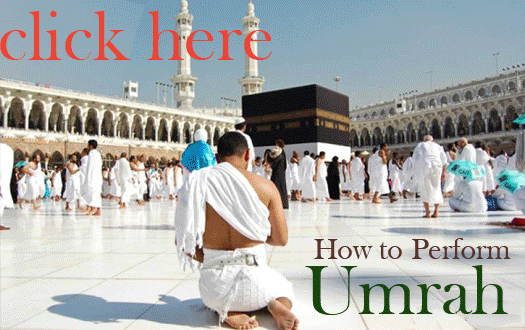

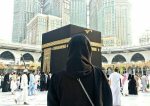

New! Comments
Have your say about what you just read! Leave me a comment in the box below.